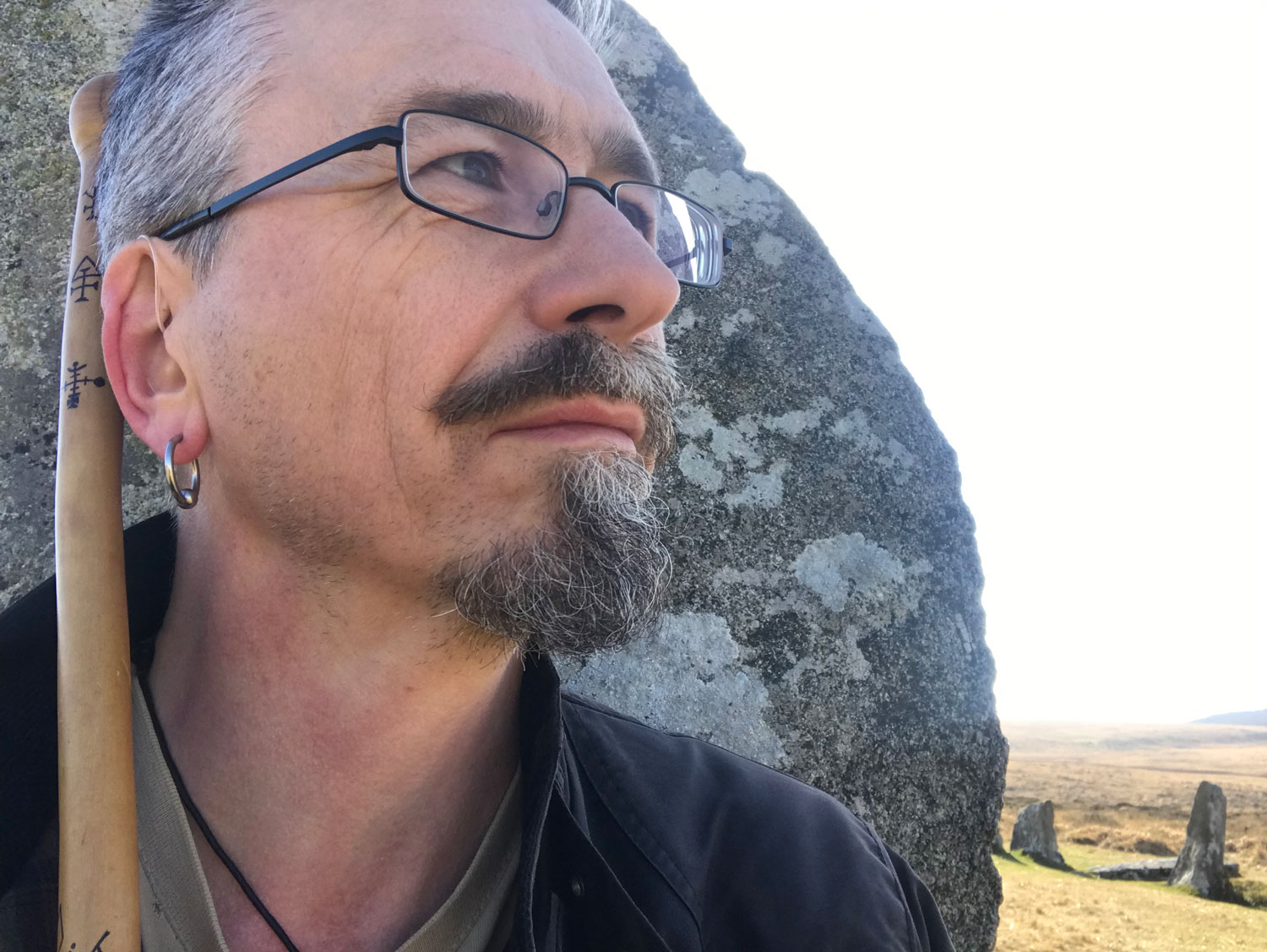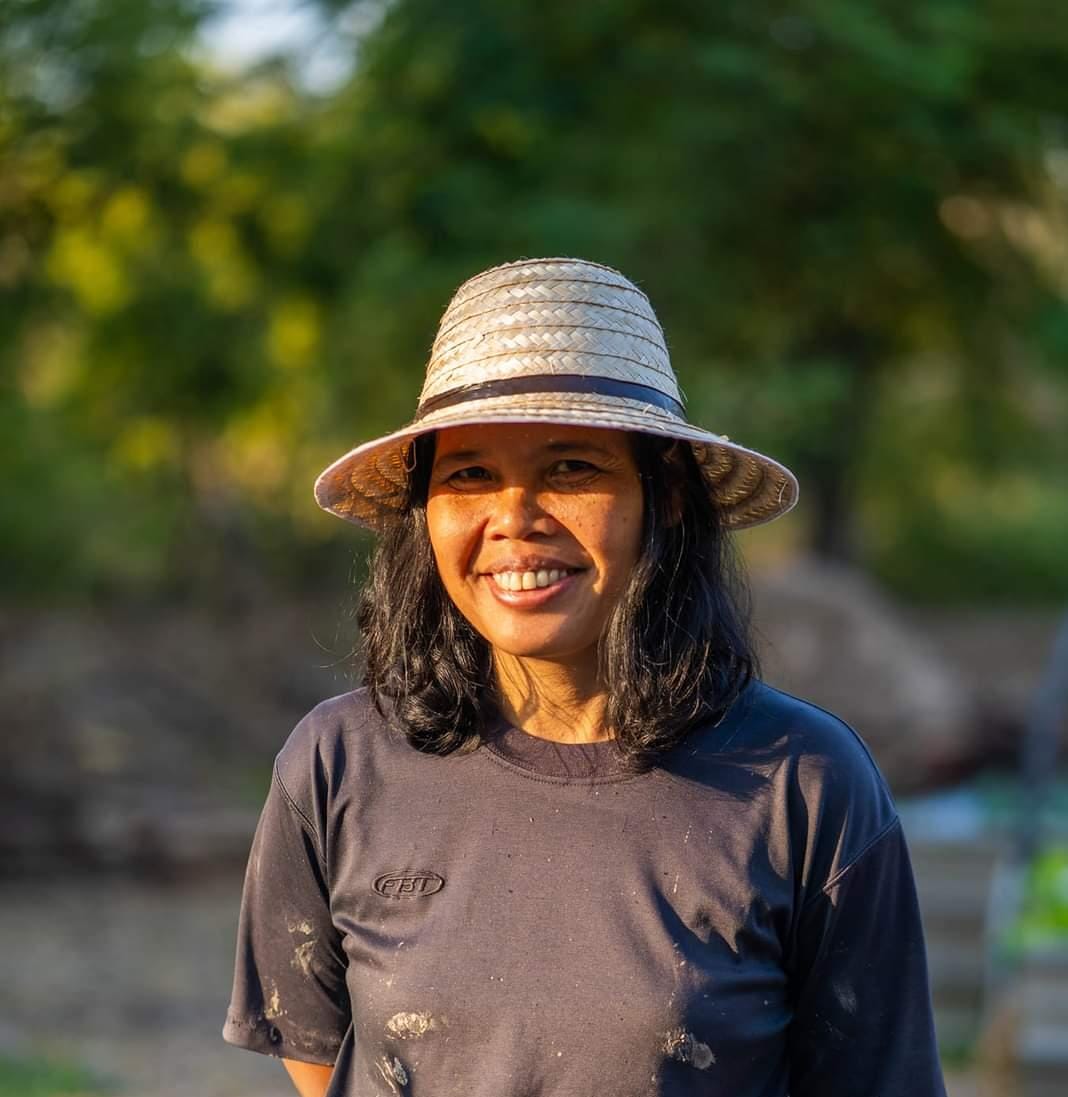

Introduction
Welcome to Kadoorie Earth Programme 2024 Online Talk Series. Inspired by our experience with the 2022 and 2023 series of talks, we are happy to announce another year of this virtual space where we can meet regularly and be nourished by a diversity of life experiences and knowledge to deepen our relationship to the living earth.
In this year’s series, our talks combine new topics and speakers with recurring ones, taking us on a journey that connects us with Indigenous Wisdom, the scientific and philosophical legacies of Gaia Theory and Deep Ecology, and the role of Food & Community to forge connections and wellbeing in our daily lives.
We continue to invite ecology speakers from around the world: 2024 sees contributors from Brazil, South Africa, UK, India, Thailand and Hong Kong. Through the diverse background and knowledge that each of them brings, we hope to grow our awareness and knowledge as well as deepen our realisation that ‘We Are Nature’ and learn creative ways that we can create positive change around us.
Looking forward to seeing you throughout the 2024 series!

Indigenous peoples perceive life through the lens of cooperation and interdependence, acknowledging the world as a living whole that fosters a harmonious balance between humans and nature.
However, in contemporary human culture, the idea of a division between nature and humanity has led to a global crisis. To bring about change, we must undergo a shift towards holistic consciousness, where we recognise the interconnectedness of all things. Only then can we adequately respond to the climate crisis.
|
Online Talk with Colin Campbell – South Africa & UK Title|Indigenous Wisdom: Restoring Connection with the Natural World |

|
|
Online Talk with Ailton Krenak – Brazilian Indigenous leader Title|The Indigenous World from the Arctic to the Amazon – a shared belonging |

|

Gaia theory guides us through scientific data to see the planet as a living organism, rather than a resource for human exploitation. It challenges a mechanistic worldview of nature by showing the relationships between living beings and natural elements such as rocks, atmosphere and water. Through this understanding of the interconnected relationships, we can discover how they collectively give rise to Gaia – the emergent self-regulating Earth.
The philosophy of Deep Ecology proposes a shift of consciousness, providing an integration of scientific, philosophical and practical foundations. It helps us develop a profound engagement with the natural world, going beyond surface-level understanding.
Both of these concepts serve as living guides to deepen our understanding of ‘We are Nature’.
|
Online Talk with Stephan Harding & Andy Letcher from Schumacher College (UK)
Title|Animism and the Ecological Self: a dialogue with Stephan Harding and Andy Letcher |
|
Online Talk with Om Sunisa (Thailand) & Chan Shun Hing (Hong Kong)
Title|‘What is an Ecovillage?’ – A Dialogue Between Om Sunisa and Chan Shun Hing |

Food is essential to the existence of humanity. It nourishes our bodies and provides energy, but it also evokes happiness. The way we grow our food establishes a vital connection between humans and the living earth, underlining the fact that the soil is a source of life.
Moreover, food has the power to bring people together and create communities, shape cultures and inspire rituals. It transcends the physical realm, reaching into those of our mental and spiritual well-being. Exploring our relationship with food means delving into how we live and act, recognising that the wellbeing of humanity is inseparable from the wellbeing of nature.
|
Online Talk with Satish Kumar (UK) & Vandana Shiva (India)
Title|Soil is the source of life; Seed is life itself - a dialogue between Satish Kumar and Vandana Shiva |
.png)
Kadoorie Earth Programme (KEP) is co-created by KFBG and its network of collaborators and volunteers. By integrating the various strands of KFBG’s nature conservation, sustainable living and holistic education programmes, it provides life-transforming learning experiences that reconnect people with themselves, each other and the rest of nature and enable them to cultivate resilience in the face of climate crisis, economic uncertainty and other related challenges.
Kadoorie Earth Programme Main Page
KEP Talk Series Webpage: 2022 | 2023 | 2024 | 2025
Talk Recordings Playlist: 2022 | 2023 | 2024 | 2025


.jpg)




